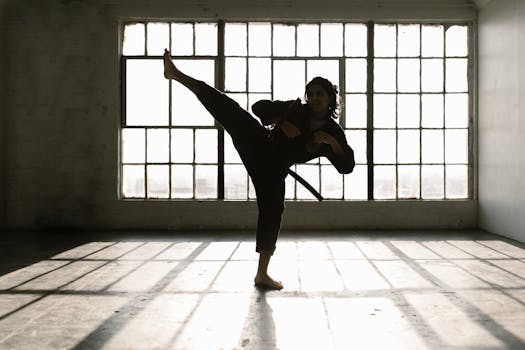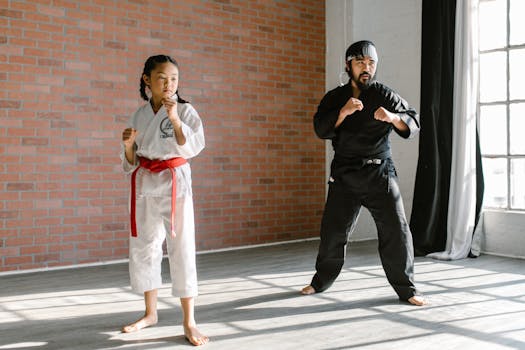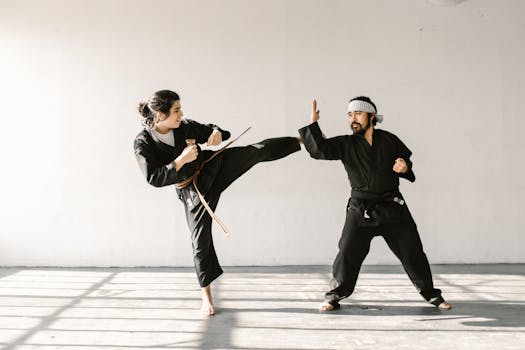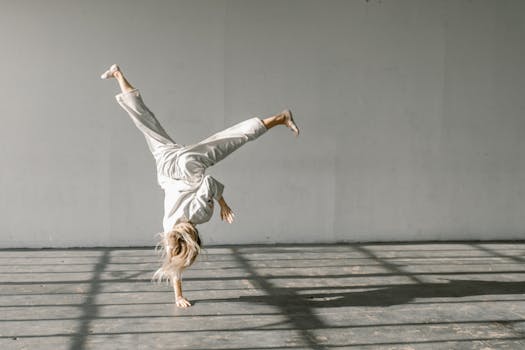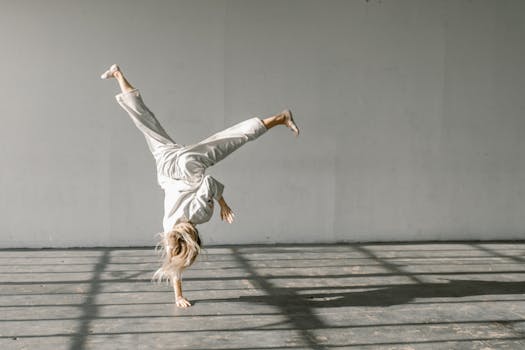Mental Toughness: The Unsung Hero of UFC Wins
Mental toughness is often the deciding factor in the high-stakes, physically demanding world of the Ultimate Fighting Championship (UFC). While physical prowess and technical skills are visibly paramount, the psychological resilience known as mental toughness can distinguish between a champion and a contender. This article explores the critical role of mental toughness in UFC, examining various approaches to building this attribute, their advantages and disadvantages, and practical examples of mental toughness in action.
Understanding Mental Toughness in UFC
Mental toughness in the UFC refers to an athlete's ability to focus, rebound from failure, maintain confidence, and stay disciplined under pressure. The mental aspect of UFC fighting involves managing fear, pain, exhaustion, and the intense stress of competition. The ability to control emotions and maintain psychological resilience can often result in maintaining or regaining control in a fight, pushing through tough rounds, and executing strategies effectively despite the physical toll of the match.
Approaches to Building Mental Toughness
Psychological Training
Many UFC fighters incorporate psychological training into their regimen. Techniques such as visualization, cognitive restructuring, and mindfulness are commonly used to enhance mental strength. Visualization involves the fighter imagining themselves succeeding in their fights, which can boost confidence and reduce anxiety. Cognitive restructuring helps fighters reshape negative thoughts into more positive, constructive ones, while mindfulness allows them to stay present and focused during a fight.
Advantages:
- Enhances focus and concentration
- Reduces performance anxiety
- Helps in managing pain and fatigue
- Time-consuming; requires consistent practice
- May not be as immediately impactful as physical training
- Prepares fighters for the real conditions of a fight
- Helps identify weaknesses in emotional control
- Physically and mentally demanding
- Risk of injury if not monitored carefully
- Provides personalized guidance
- Emotional and psychological support
- Depends heavily on the quality of the coach or mentor
- Can be subjective
Disadvantages:
Stress Exposure Training
Stress exposure training involves placing fighters in controlled, high-stress scenarios that simulate the conditions of a real fight. This method helps fighters learn how to stay calm and perform under pressure. Techniques might include high-intensity interval training with added mental tasks, or sparring sessions that mimic the unpredictability of a real fight.
Advantages:
Disadvantages:
Coaching and Mentorship
Experienced coaches and mentors play a crucial role in developing a fighter’s mental toughness. These professionals help fighters set realistic goals, deal with losses, and understand their mental barriers. The right mentor can provide emotional support and strategic insights, which are crucial during both training and actual combat.
Advantages:
Disadvantages:
Practical Examples of Mental Toughness in UFC
A prime example of mental toughness in UFC is seen in the career of Georges St-Pierre. Often lauded for his strategic approach to fighting, St-Pierre's ability to come back after a loss and win against Matt Hughes, and later to dominate his weight class, showcases his mental resilience as much as his physical skill.
Another notable example is Amanda Nunes, who demonstrated exceptional mental toughness by defeating Cris Cyborg at UFC 232. Despite the pressures and facing a formidable opponent, Nunes maintained composure and executed her game plan flawlessly, proving that mental strength is as critical as physical ability in achieving UFC success.
Conclusion: Harnessing Mental Toughness for UFC Success
Mental toughness is undoubtedly the unsung hero in the realm of UFC victories. As we have seen, various approaches, including psychological training, stress exposure, and coaching, can cultivate this critical attribute, each with its own set of advantages and disadvantages. Fighters like Georges St-Pierre and Amanda Nunes exemplify the power of mental resilience, demonstrating that while physical training gets a fighter into the ring, mental toughness helps them win the battle.
Aspiring fighters and enthusiasts should focus on developing this attribute through consistent and varied training approaches, seeking quality mentorship, and embracing the psychological aspects of training as much as the physical. Remember, in the high-octane world of UFC, mental toughness can make the ultimate difference between victory and defeat.
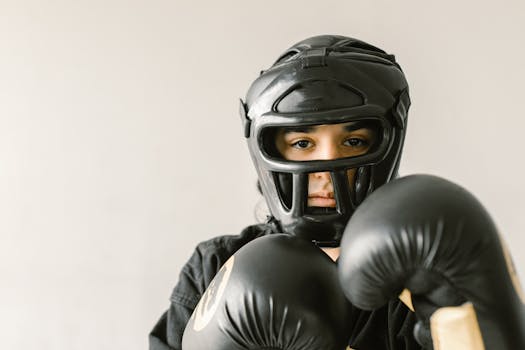
.png)
